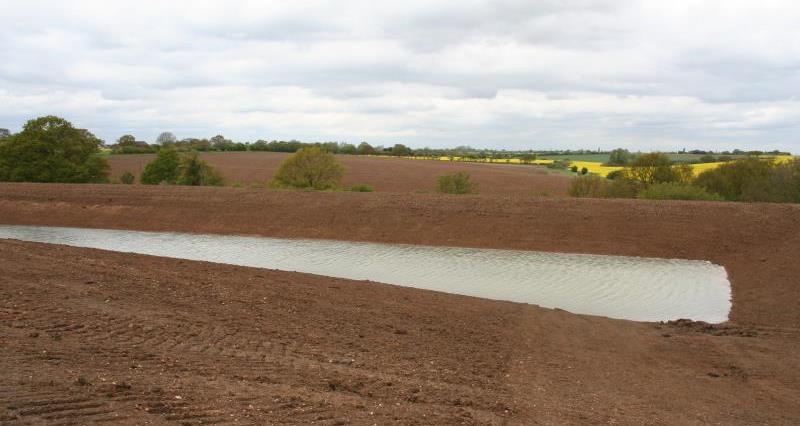Reservoir owners will be expected to apply a series of recommendations made in a report by the Government’s reviewer of reservoir safety, Professor David Balmforth.
England already has some of the toughest safety reservoir regulations in the world with a strong safety track record.
Nevertheless, the ‘Balmforth Report’ concluded that a combination of poor design and intermittent maintenance led to the partial collapse of the Todbrook reservoir’s spillway following the heavy rainfall in July 2019.
The government accepts all recommendations contained in the report, which include:
- Strengthening delivery of the inspection regime to improve reservoir safety and help prevent similar incidents in future
- Boosting the Environment Agency’s remit as regulator to enforce outstanding statutory maintenance
- Improving reservoir owners and engineers understanding of structural failure of spillways Incidents such as Toddbrook are extremely rare, and these recommendations will further develop England’s reservoir safety regime.
Its too early to know how the report will affect on-farm reservoirs, but one of its recommendations is to implement a systematic review of how the current Reservoirs Act, and the associated regulations and guidance, are implemented. The review will consider the roles and responsibilities of qualified engineers. It will also examine whether compliance with the Act is sufficient to ensure safety, and how safety is formally assured.
Defra completed its own reservoir safety review in 2019. The review focused on ‘small raised reservoirs’ which are common on farms. The report following that review is expected to be published shortly. Defra commissioned a research study into Small Raised Reservoirs in 2017, which has recently been completed.
The report will be published shortly and includes evidence about the number of small raised reservoirs and the risks they pose.
This evidence will be used to assess any need for possible changes to the legal framework in determining if there is a case to extend current regulations to reservoirs between 10,000m3 and 25,000m3 capacity.
See also: NFU responds to national water framework publication
The research also considered options for risk designation and my officials will review the findings and engage with stakeholders in assessing whether changes are needed Defra commissioned a research study into Small Raised Reservoirs in 2017, which has recently been completed.
The report will be published shortly and includes evidence about the number of small raised reservoirs and the risks they pose. This evidence will be used to assess any need for possible changes to the legal framework in determining if there is a case to extend current regulations to reservoirs between
It is expected that the report may comment on proposals to reduce the 25,000m3 above-ground water capacity threshold (where enhanced safety regulations apply) to 10,000m3. The threshold change has already been made in Wales, where reservoirs are located in very different landscapes to those occupied by farm reservoirs in England.
The NFU believes that no case has been made to change the capacity threshold of reservoirs in England.
Furthermore, the NFU believes that the risk posed by farm reservoirs is so small that they should be reconsidered as candidates for deregulation because they are typically:
- Low elevation
- Wide flood escape path
- Low water depth and velocity
- Minimal potential impact on people
:: NFU members can read our position on farm reservoir safety here
